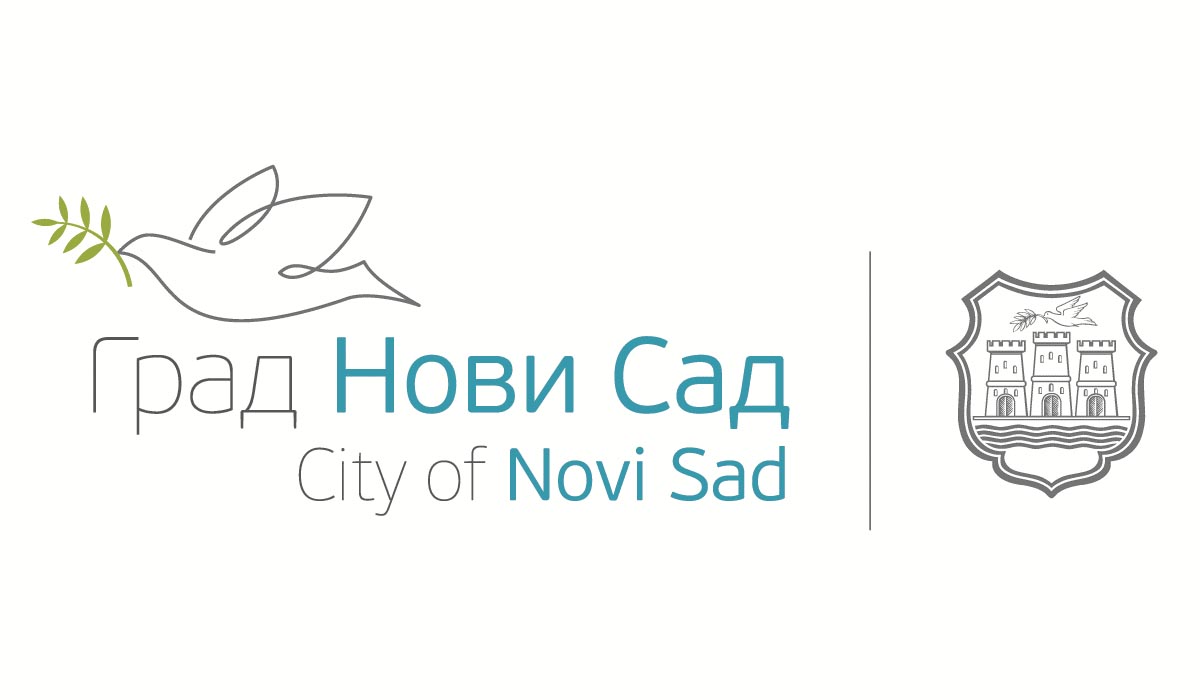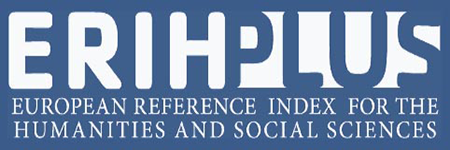REGIONALISM AS AN ALTERNATIVE DIRECTION IN BELARUSIAN HISTORICAL RESEARCH: BETWEEN RECONSTRUCTION OF THE PAST AND CONSTRUCTION OF THE FUTURE
DOI:
https://doi.org/10.19090/i.2023.34.176-187Keywords:
regionalism, social constructivism, Belarus, Eastern Europe, choice of a regional projectAbstract
The relevance of the study of regionalism in historical research is due to the active processes of territorial and transnational regionalization. In the modern world, regionalism appears in two forms: at the subnational level (territories within the structure of a state) and at the supranational level (interstate associations). In both cases, the main subject and reference point in the construction of a region is the nation-state. Thanks to historical research, regional projects undergo reification and begin to position themselves as objectively existing and self-sufficient spaces. Unfortunately, the reverse process associated with criticism and rethinking by historians of certain regional projects in modern historiography has not been observed. Deprived of access to the sea, small landlocked states are, more than others, forced to take part in regional associations, which suggests their historical grounding. The problem is that regional projects (concepts) are developed by philosophers, writers, and diplomats of hegemonic countries. Modern national historiographies of small European countries are forced to adapt their national historical narratives to regional projects imposed from outside. For the Republic of Belarus, a young landlocked European state, this means a difficult choice between five regional projects developed by European or Russian philosophers and writers that are associated with the concepts of Eastern Europe, the Western Rus', Eurasia, Central–Eastern Europe, and the Eastern European borderland.













